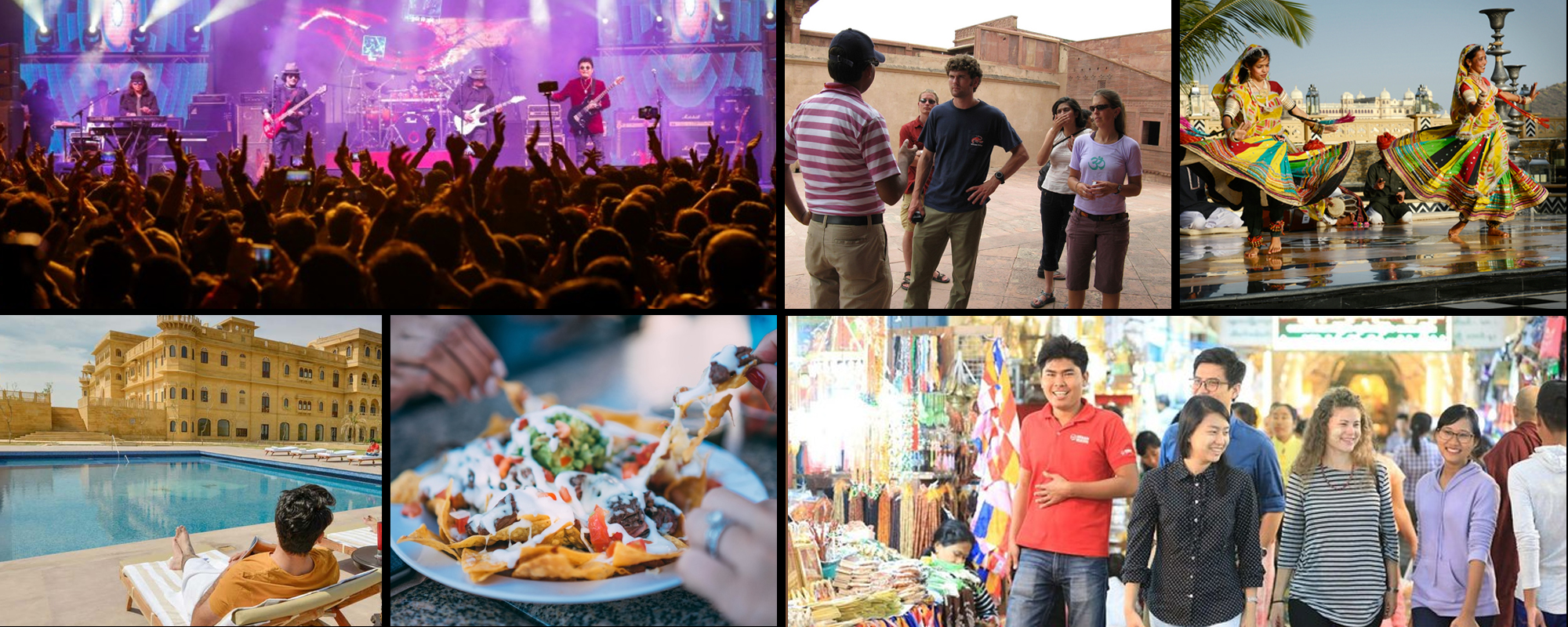
Indian mythology and epics are a treasure trove of ancient tales and legends that hold a special place in the cultural heritage of India. Filled with gods, goddesses, heroes, and mythical creatures, these stories offer a fascinating glimpse into the vibrant tapestry of Indian civilization. From the grand narratives of the Mahabharata and the Ramayana to the enchanting tales of various gods and goddesses, Indian mythology is a rich and diverse collection that sparks imagination and touches upon profound aspects of life. These myths and epics not only entertain but also impart valuable lessons, reflecting the values, beliefs, and wisdom of generations past. They continue to captivate and inspire people, serving as a source of cultural identity, spirituality, and timeless storytelling.
Indian mythology and epics are not mere stories but are deeply rooted in the fabric of Indian culture and belief systems. They have shaped the religious practices, rituals, and traditions that are followed to this day. These myths and epics have also influenced various art forms such as painting, sculpture, dance, and theater, creating a rich cultural tapestry that transcends time. Moreover, Indian mythology offers profound insights into the human condition, exploring complex themes of love, sacrifice, honor, and the eternal battle between good and evil. It is a testament to the imaginative prowess of ancient Indian sages and the enduring power of storytelling to capture the hearts and minds of people across generations. Indian mythology and epics stand as a testament to the richness and depth of India's cultural heritage, captivating both Indians and people from around the world with their timeless allure.
Mythology refers to a collection of traditional stories and legends that explain beliefs, customs, and natural phenomena. These stories often involve gods, goddesses, heroes, and mythical creatures, and are passed down through generations, usually through oral tradition. Mythology serves as a way to make sense of the world, its origins, motives,and the human experience. Itenvelopes various cultures and civilizations, providing insights into their beliefs, values, and cultural heritage. Mythology can be both entertaining and educational, offering moral lessons, explaining cultural practices, and reflecting the human imagination and quest for meaning.It explores universal themes such as creation, heroism, love, and the eternal struggle between good and evil. These stories often hold symbolic and metaphorical meanings, revealing deeper& darker truths about human nature, the mysteries of our existence, and the human relationship with the celestials & divine. Mythology has the power to inspire, captivate, and connect people across time and cultures, reminding us of our shared humanity and the timeless quest for meaning and understanding in the world.
Indian mythology is incredibly rich because it is like a treasure chest full of captivating stories, colorful characters, and deep wisdom. It is a collection of ancient tales that teach us about gods, goddesses, heroes, and mythical creatures. These stories explore important values, such as bravery, love, and justice, and they provide guidance on how to live a good and meaningful life. Indian mythology is a vibrant part of Indian culture, inspiring art, music, and festivals, and reminding us of the enduring power of imagination and storytelling. It is a source of wonder and wisdom that has been passed down through generations, connecting us to our past and shaping our present.
In addition to its captivating stories and moral teachings, the richness of Indian mythology lies in its incredible diversity. India is a vast land that has numerous regions, languages, and traditions, and each has its own unique mythological tales and deities. This diversity reflects the multicultural fabric of India, celebrating the richness of its various beliefs and practices.
Moreover, Indian mythology is not limited to a fixed set of stories or characters. It is an ever-evolving and dynamic tradition, with new narratives, interpretations, and adaptations constantly emerging. This allows for a continuous exploration and reinterpretation of its themes, keeping the mythology alive and relevant in contemporary times.
Indian mythology also possesses a deep spiritual essence, providing a connection to the divine and offering insights into the mysteries of life, death, and the nature of existence. It invites contemplation and self-reflection, encouraging individuals to seek higher truths and understand their place in the cosmic order. And the specialty of these mythologies is that they never get old, no matter how advanced and modern we can become, during our bad times, struggles, and confusions we can always go through these folklore and stories. These Mythological stories will always guide us to the right path.
Indian mythology is filled with fascinating creatures and beings that add depth and plot to its stories. Here are a few examples of mythological creatures and beings from Indian mythology:
Mythology and epics, like the Mahabharata and the Ramayana, teach us important moral values and lessons. They show us the importance of righteousness, doing our duty, and being responsible. They teach us to respect our elders and teachers and to be loyal and devoted to our loved ones. Compassion and forgiveness are also emphasized, as well as the ongoing battle between good and evil. These stories inspire us to seek wisdom and make wise choices in life. The moral values and teachings from mythology and epics continue to guide us and help us become better individuals in our personal and societal lives.
Indian mythology is a treasure chunk of ancient stories that have shaped Indian culture and beliefs. The epics like the Mahabharata and the Ramayana have along-lasting impact on literature, art, philosophy, and spirituality. These stories teach important lessons about morality, duty, justice,and the battle between good and evil. Indian mythology is deeply rooted in the traditions and beliefs of Indian civilization, making it an integral part of the cultural heritage. Its richness lies in its ability to inspire and captivate people of all ages, and its timeless tales continue to hold significance in modern times.
Copyright 2012-2025 Indiamap Digital Private Limited. All rights reserved. Privacy Policy | Terms of Use